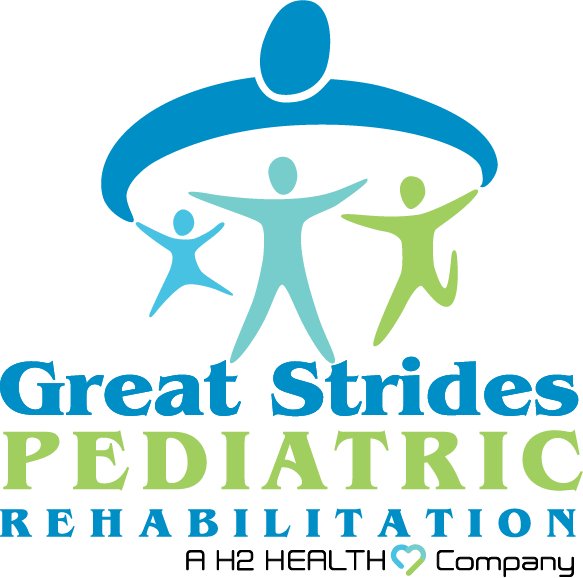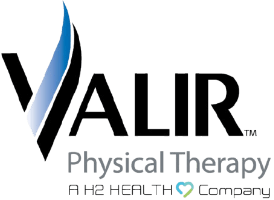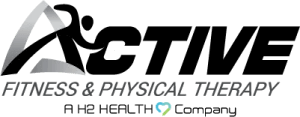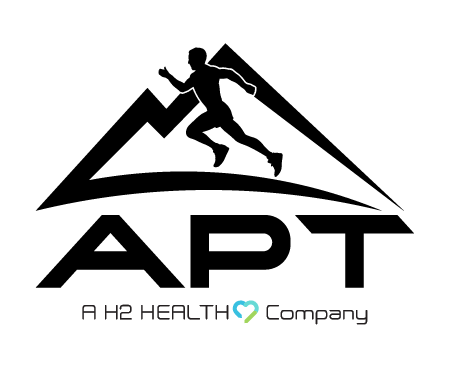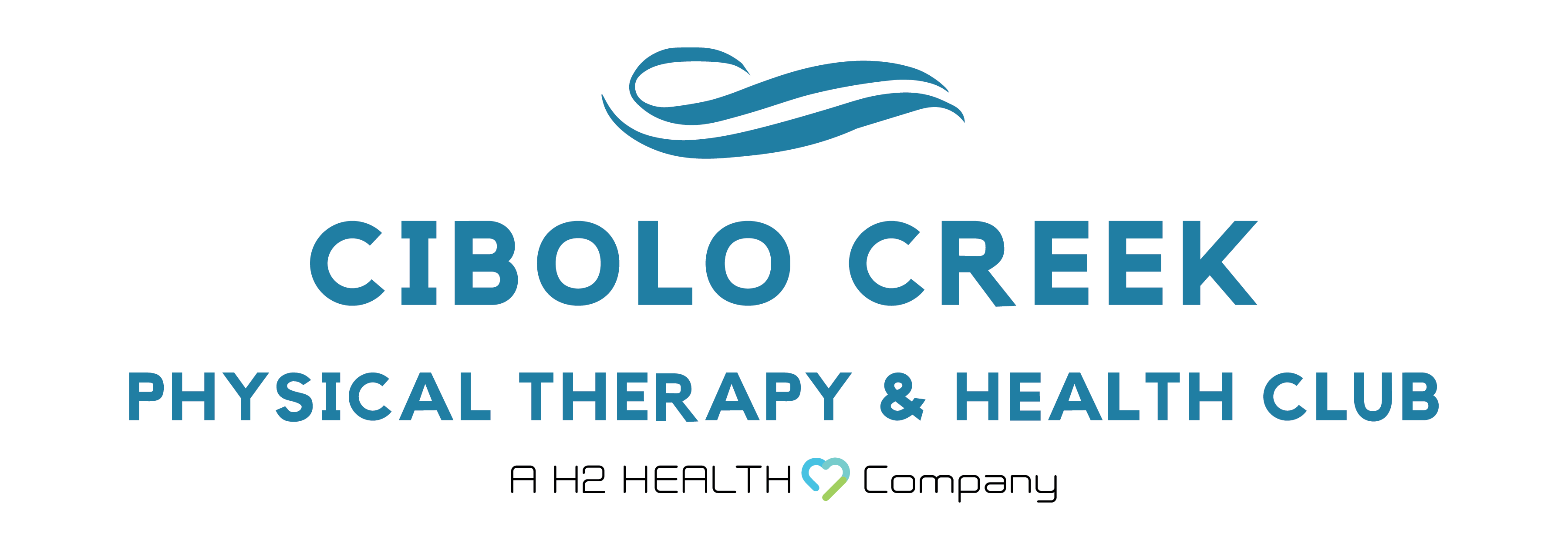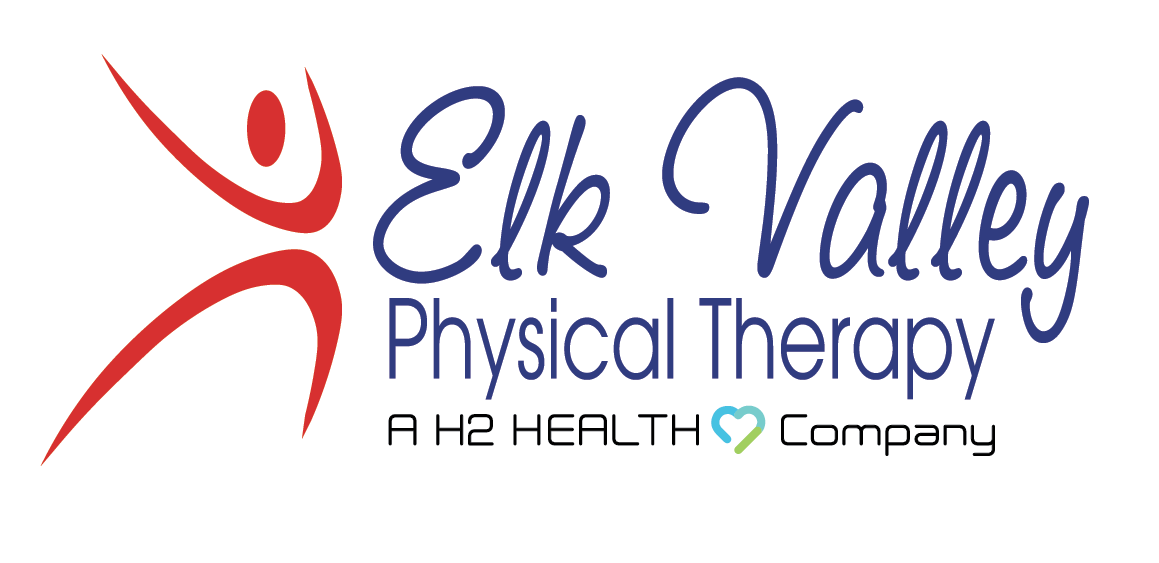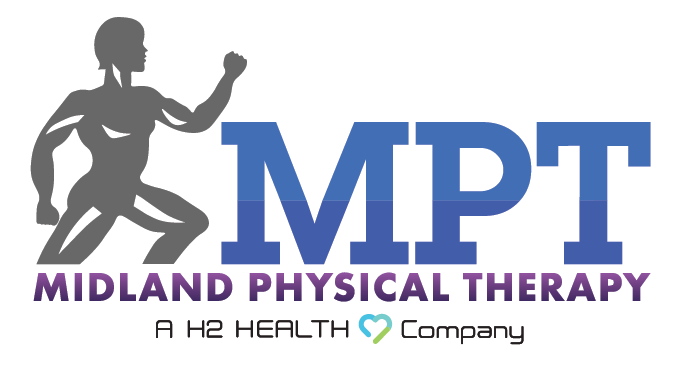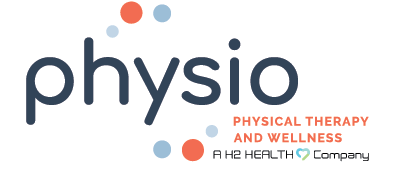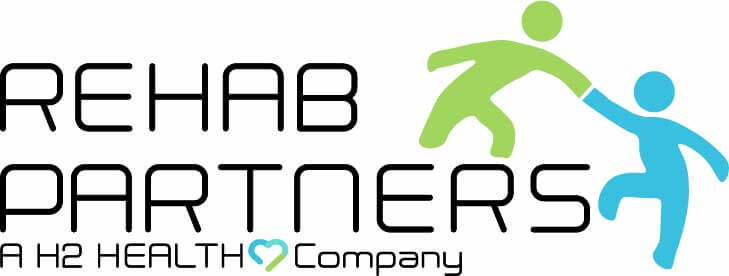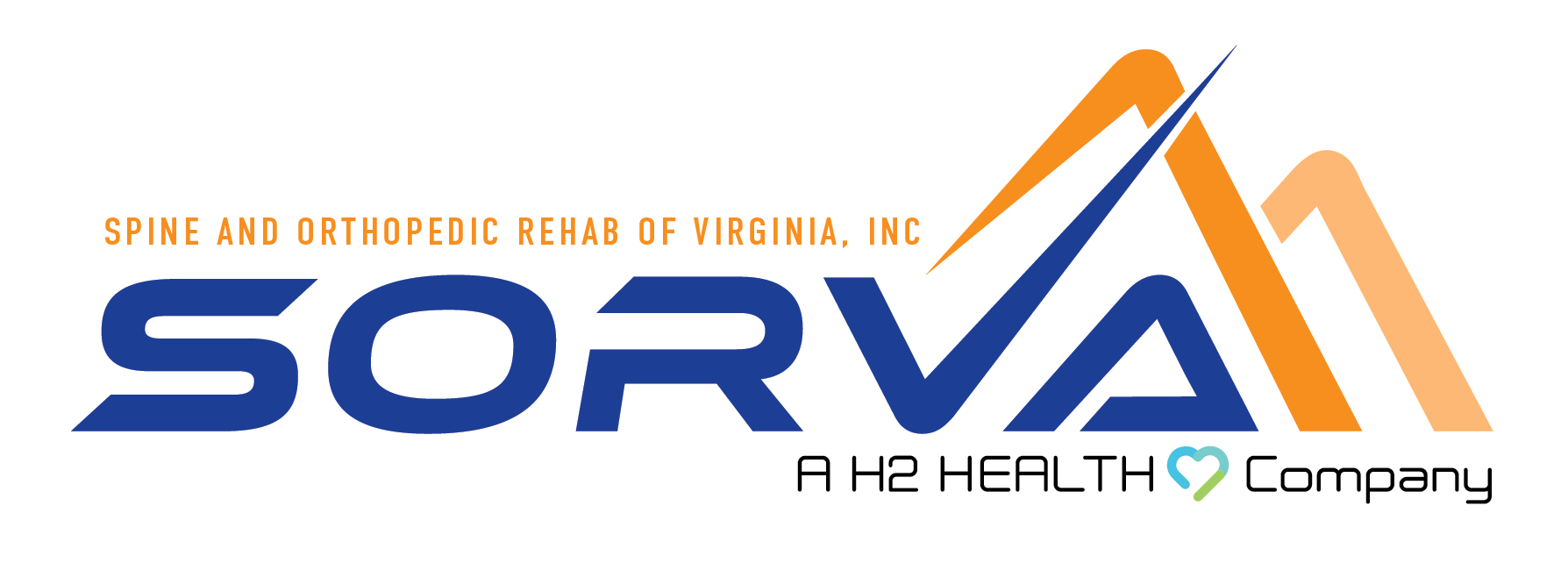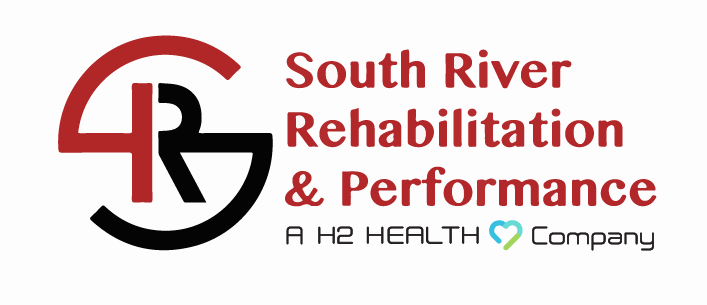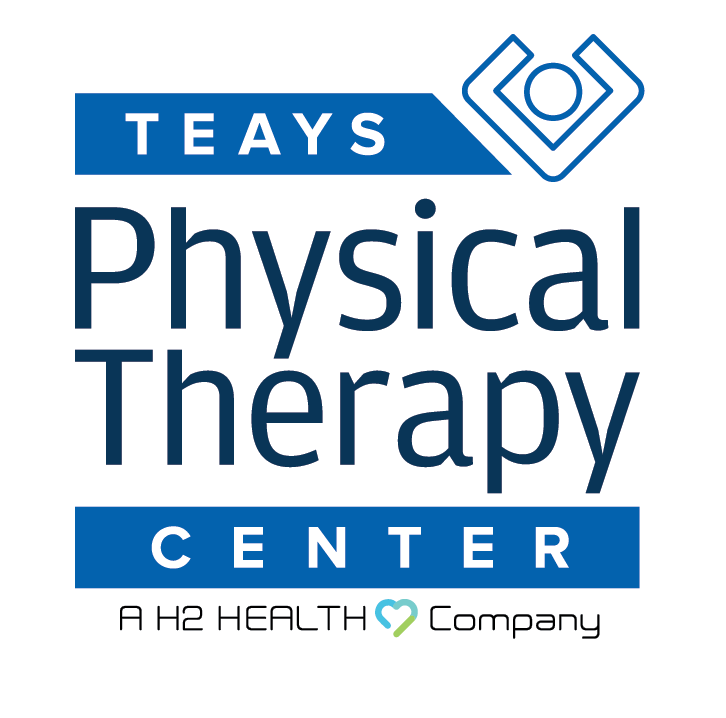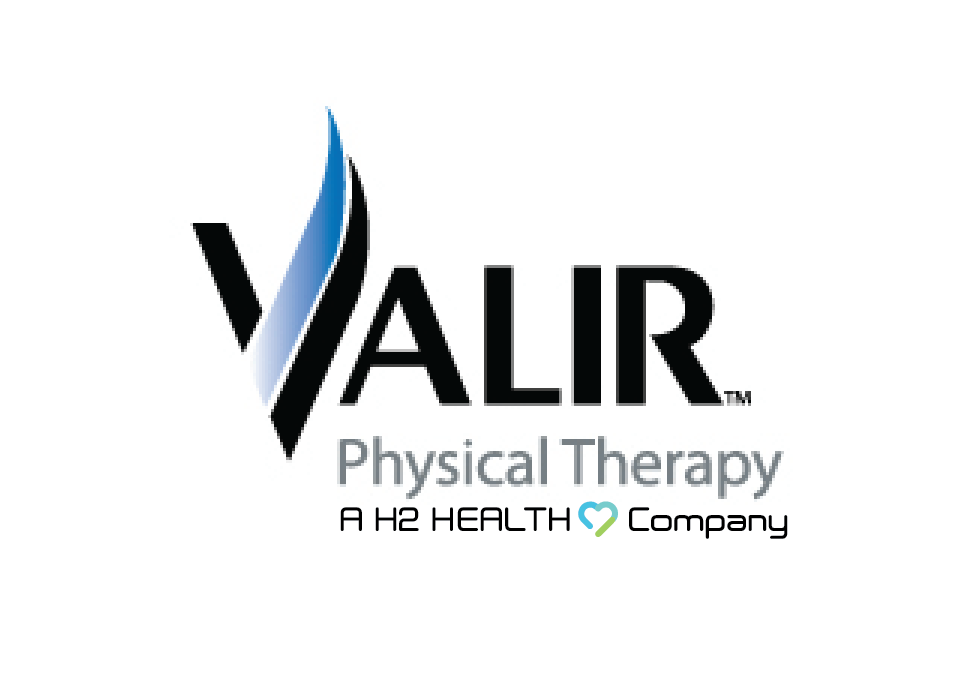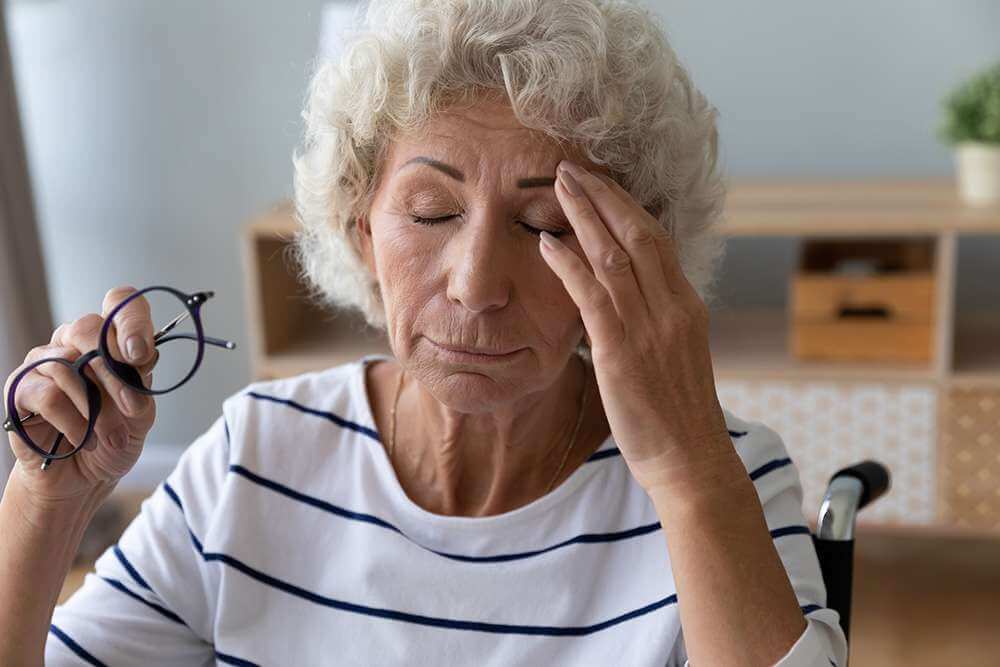
If you’re having vestibular symptoms, such as dizziness, balance problems, motion sensitivity, etc., you’re not alone. Approximately 76 million Americans have vestibular (inner ear/balance) problems, making it hard to walk, stand, and even sit properly.
Thankfully, various therapies are available to treat vestibular problems, including vestibular rehabilitation therapy. Vestibular rehabilitation therapy (VRT) is an exercise-based therapy designed by trained physical therapists to improve your balance and reduce dizziness-related problems.
If you have a balance problem, often feel dizzy, and are considering vestibular therapy, you want to know if this is right for you. Let’s talk about the conditions for which vestibular rehabilitation therapy is recommended and where you can find expert physical therapists near you.
Conditions for Which Vestibular Therapy Is Recommended
Vestibular therapy is recommended if you have received a diagnosis of any of the following conditions:
- Benign Paroxysmal Positional Vertigo (BPPV) – This is a disorder of the inner ear in which displaced crystals of calcium carbonate produce a sensation of dizziness and vertigo. The vestibular exercises involving head maneuvers can effectively treat this condition.
- Vestibular Neuritis – This is a neurological condition in which the inflammation of the nerve(s) of the inner ear produces an imbalance, dizziness, nausea, motion sensitivity, and visual problems. VRT is regarded as the primary treatment of this condition, as exercises involved in the therapy can gradually reduce symptoms.
- Vestibular Migraines – Patients with vestibular migraine experience episodes of migraine headaches along with vestibular symptoms such as dizziness, motion-related impairments, etc. VRT can reduce the frequency of migraine attacks and decrease the severity of symptoms.
- Persistent Postural-Perceptual Dizziness (PPPD) – This condition causes non-spinning dizziness and steadiness stimulated by social and environmental factors. The vestibular rehab therapy desensitizes you to the motion triggers which produce symptoms.
- Unilateral Vestibular Hypofunction (UVH) – As the name implies, unilateral vestibular hypofunction (UVH) is a disorder in which there is a total or partial reduction in the vestibular functions on one side of the body.
You can also opt for vestibular therapy after a thorough medical assessment from your physical therapist if you have:
- Cervicogenic dizziness
- Post-concussion syndrome
- Mal de Debarquement syndrome
- Meniere’s disease
- Stroke
- Traumatic brain injury (TBI)
- Vestibular deconditioning as a result of aging or inactivity
Vestibular rehabilitation therapy is also right for you if you have vestibular symptoms with no known cause or haven’t received a diagnosis of the vestibular problem.
Typically, a vestibular rehabilitation therapy program is different depending on the condition, as no two cases of a vestibular problem or impairment are identical. Commonly the exercises involved in the therapy cause the compensation of the central brain, which realigns the function of the impaired vestibular system.
Vestibular Therapy in Pennsylvania, Texas, Oklahoma, Florida, West Virginia, Virginia, New Jersey, Kentucky, Ohio, Maryland, and Georgia
If you have received a diagnosis of a vestibular problem or are experiencing vestibular symptoms with no known cause, visit us at H2 Health for vestibular therapy. At our unique therapy center, we offer a wide range of services to help people experiencing vestibular symptoms. In addition to vestibular rehabilitation therapy, we also offer balance training, cognitive behavior therapy, etc.
To find out more about vestibular therapy or to schedule an appointment, call us today at (800) 699-9395, or fill out our online form here to request an appointment or to request a complimentary balance screening – so we can help you determine whether physical therapy is right for you. We look forward to serving you!

